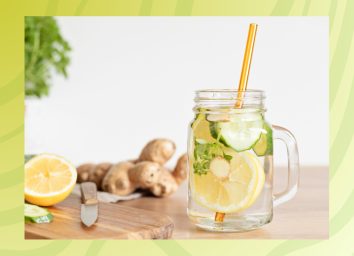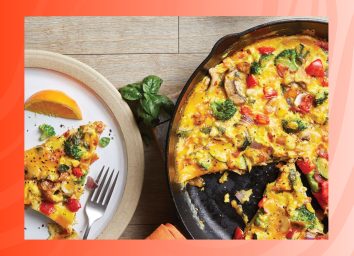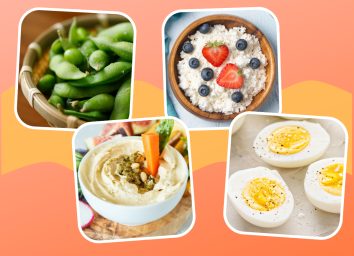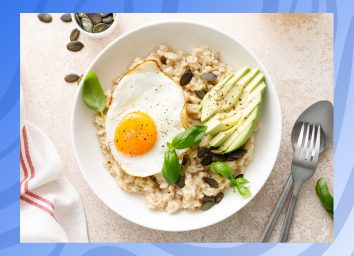8 Best Fruits for a Better Body
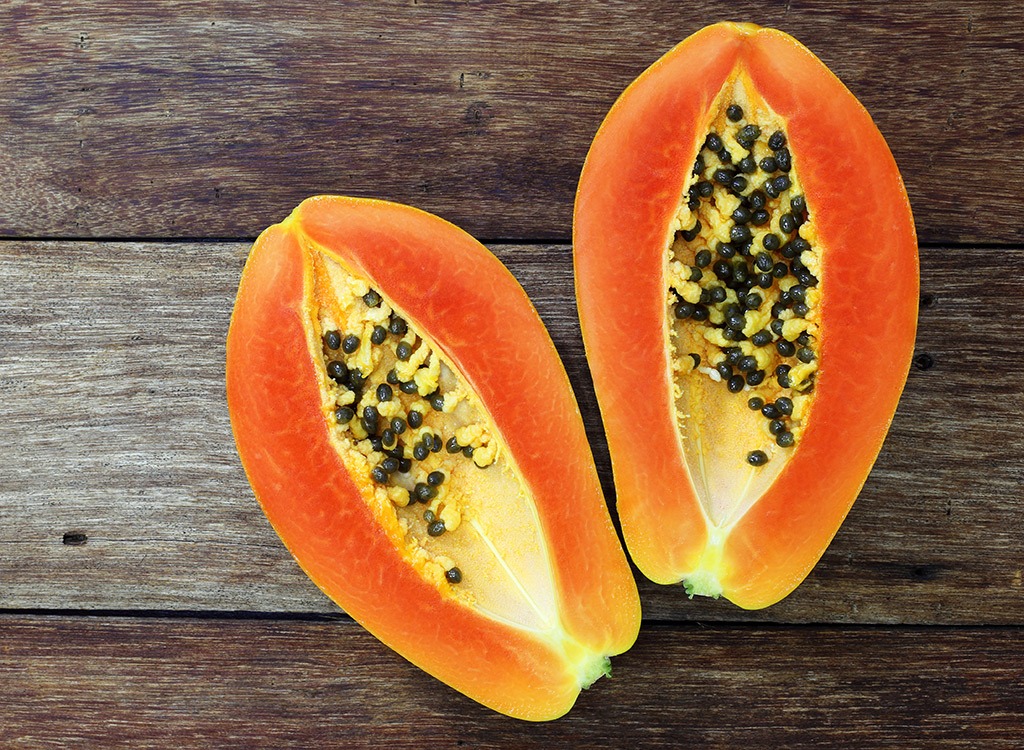
When it comes to eating well, most of us have a huge blind spot. We cut calories wherever we can, try to turn down the donuts in the break room, but forget to load up on fruits and veggies. We're here to guide you back into the produce section of your grocery store—and not just because it's the slimmest section of the store. Sure, fruits and vegetables help you lose weight quickly, but they do something equally important for day-to-day functioning: they give you the vitamins and minerals you need for your body to work effectively and efficiently. If you're forgetting these foods, you're also missing out on antioxidants and phytochemicals your body needs for optimum health—and no, canned fruit and fruit juices don't count.
Get back in the game with these better-body picks. They're sweet additions to your diet that will keep your body humming and, yes, even help you shed a few pounds.
Pomegranate
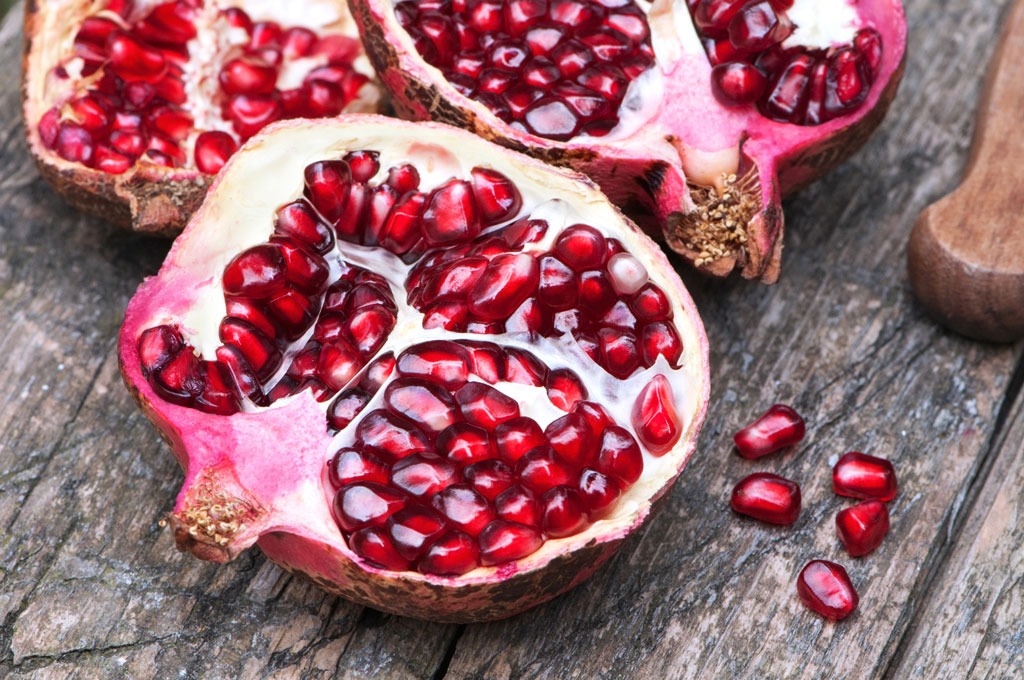
If you or your partner have ever suffered from erectile dysfunction, try adding this "natural Viagra" to your shopping list. The powerful antioxidant agents in pomegranate arils and juice can help reverse oxidative damage to the vascular system, according to researchers. This condition—what nutritionist Oz Garcia, Ph.D., calls "natural rusting"—plays a major role in the ability to achieve and maintain erections. Perhaps this is why some theologians believe the pomegranate—and not the apple—was the forbidden fruit in the Garden of Eden.
Apple
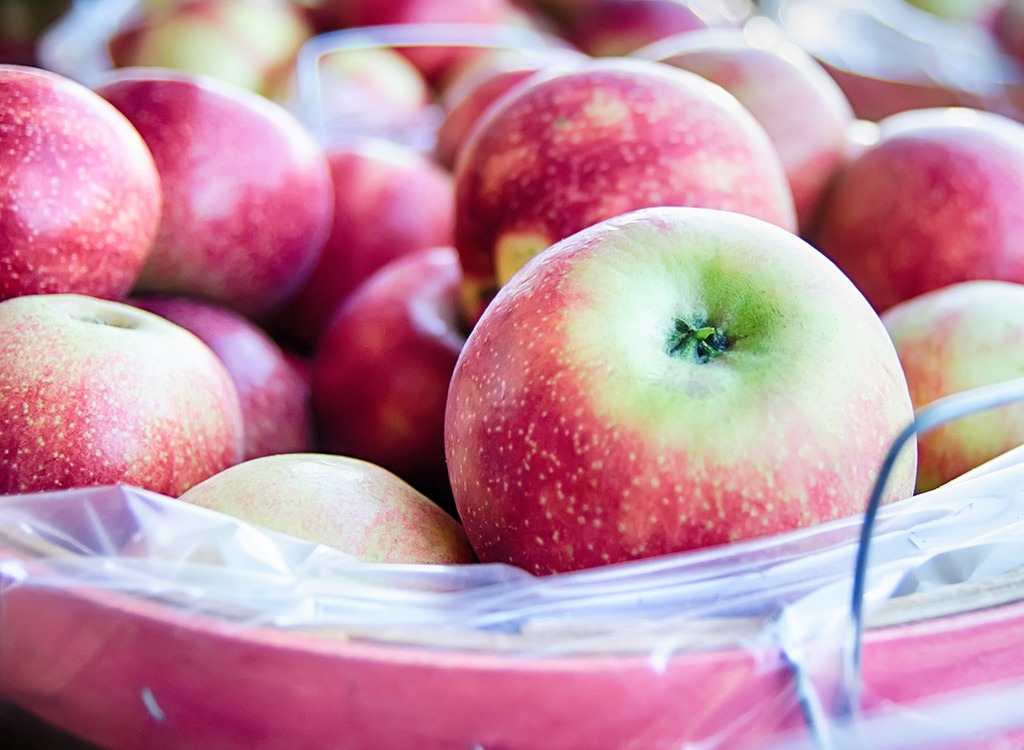
There aren't many things that are a better choice for on-the-go snacking than apples. One medium-size apple is packed with four grams of soluble fiber—17 percent of the Daily Value (DV). "This is important for colon health and controlling blood sugar levels," says Elson Haas, M.D., author of Staying Healthy with Nutrition. "It's also a good source of immune-boosting vitamin C." Apples also contain a compound called quercetin, which has antihistamine and antiallergy properties. If possible, check your local farmers' market; there, you'll find varieties well beyond basic Gala and Granny Smith.
Grapes
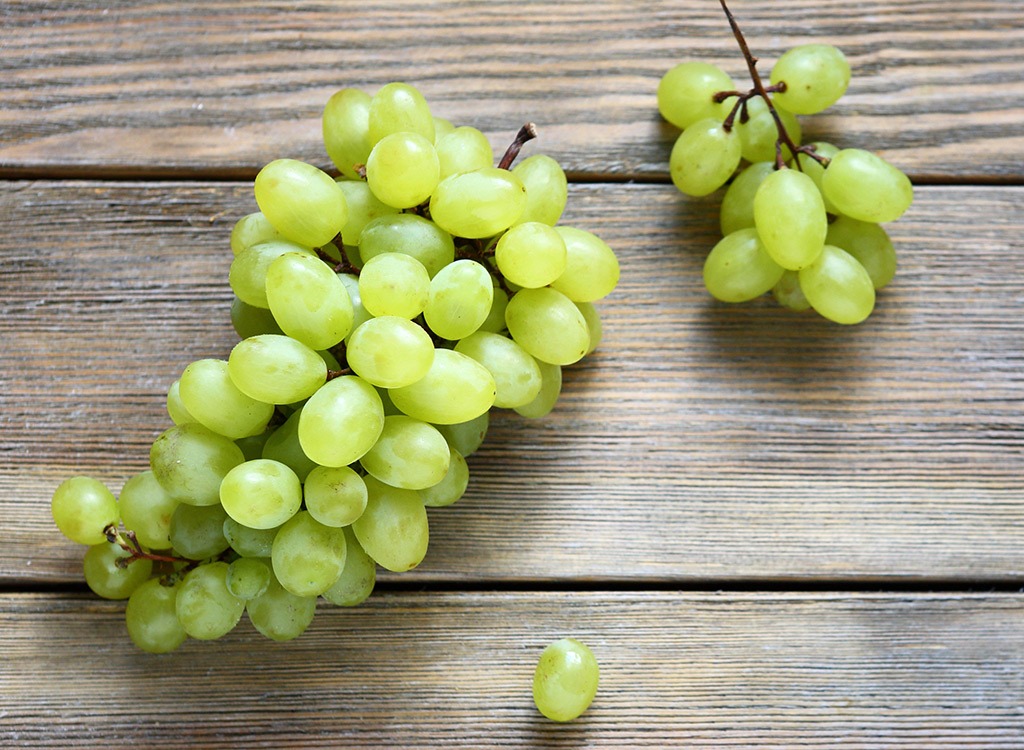
Eating high-glycemic carbs after workouts has been shown to produce a greater amount of glycogen—replenishing what you've depleted after a hard session—than choosing lower-glycemic carbs. "Grapes are a very high-glycemic fruit," says nutritionist and physique specialist John Kiefer, "which makes them an ideal post-training snack." They're also loaded with vitamins A, C, and B6, various essential minerals and folate.
Cherries
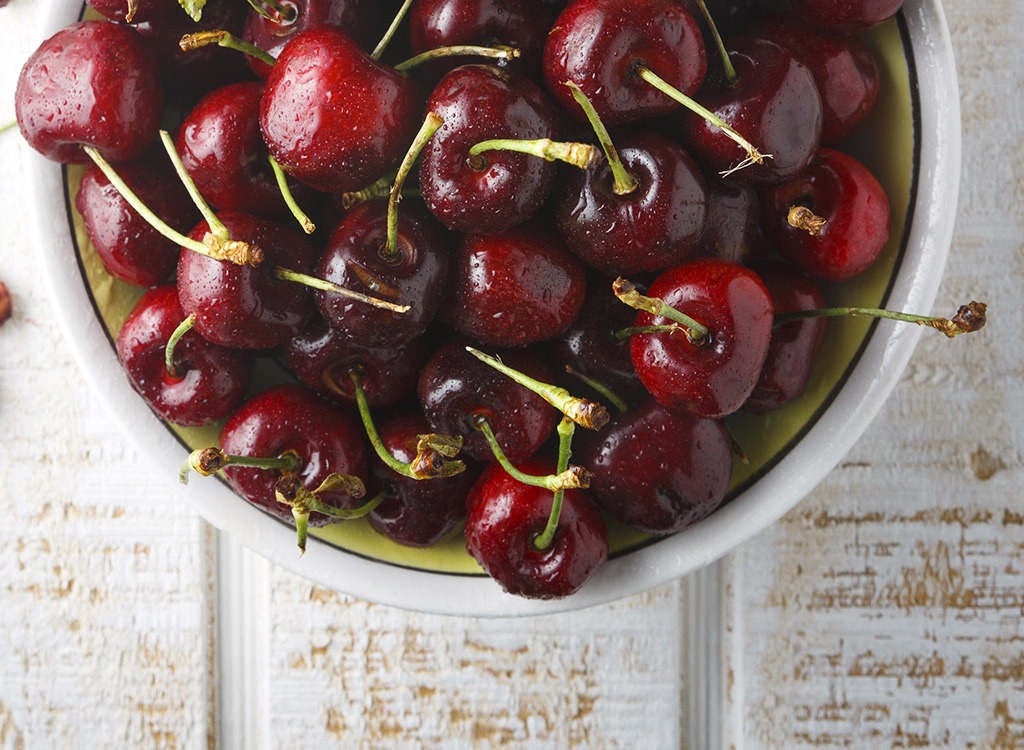
Most disease and discomfort in the body can be traced back to inflammation according to Jonny Bowden, Ph.D., author of The 150 Healthiest Foods on Earth. "Chronic inflammation can wreak havoc on your vascular system," he says, "but a lot of guys also suffer acute inflammation caused by sports injuries." Avid gym-goers can ease aches and pains by eating tart cherries, according to research. These have the highest concentration of the anthocyanins that help block enzymes associated with inflammation.
Blackberries
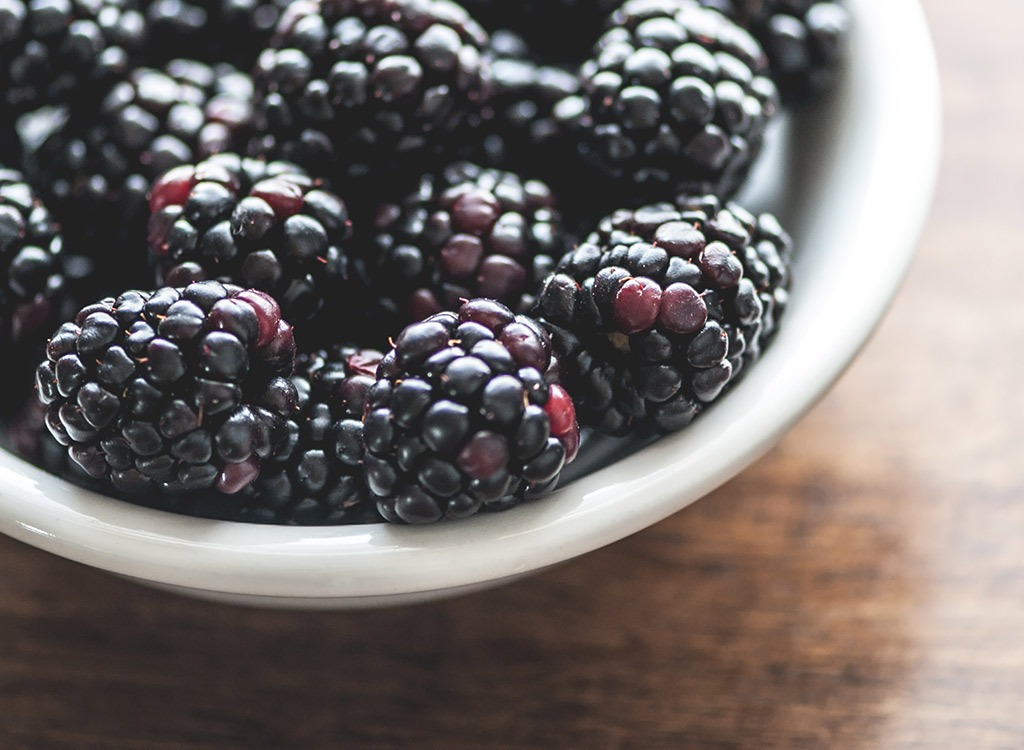
Garcia recommends blackberries for their vitamin K content (36 percent of the DV) and exceptional phytonutrient power. "This is important for men because it's been shown to help lower risk of prostate cancer," he says. "It's also high in the mineral manganese, which helps support optimal testosterone production." Blackberries—along with other dark-hued berries—are also rich in the antioxidant lutein, which helps promote eye health by helping prevent macular degeneration.
Grapefruit
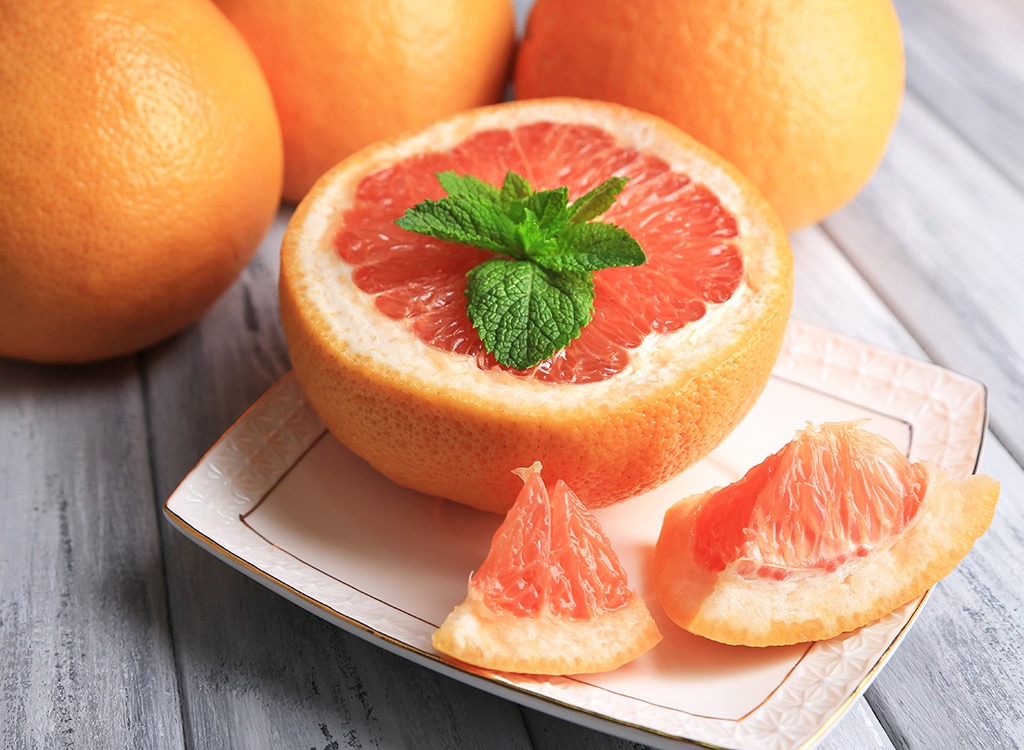
Participants who ate half a grapefruit before each meal lost an average of 3.6 pounds in 12 weeks in the famous Scripps Clinic "Grapefruit Diet." "It's a great appetite suppressant," Bowden says. "It also contains pectin, a soluble fiber that's been shown to slow the progression of atherosclerosis." If you're taking prescription (or over-the-counter) medications, though, refrain from eating this fruit. "It interacts with liver enzymes in a way that can keep the medication in your system longer than expected."
Lemon
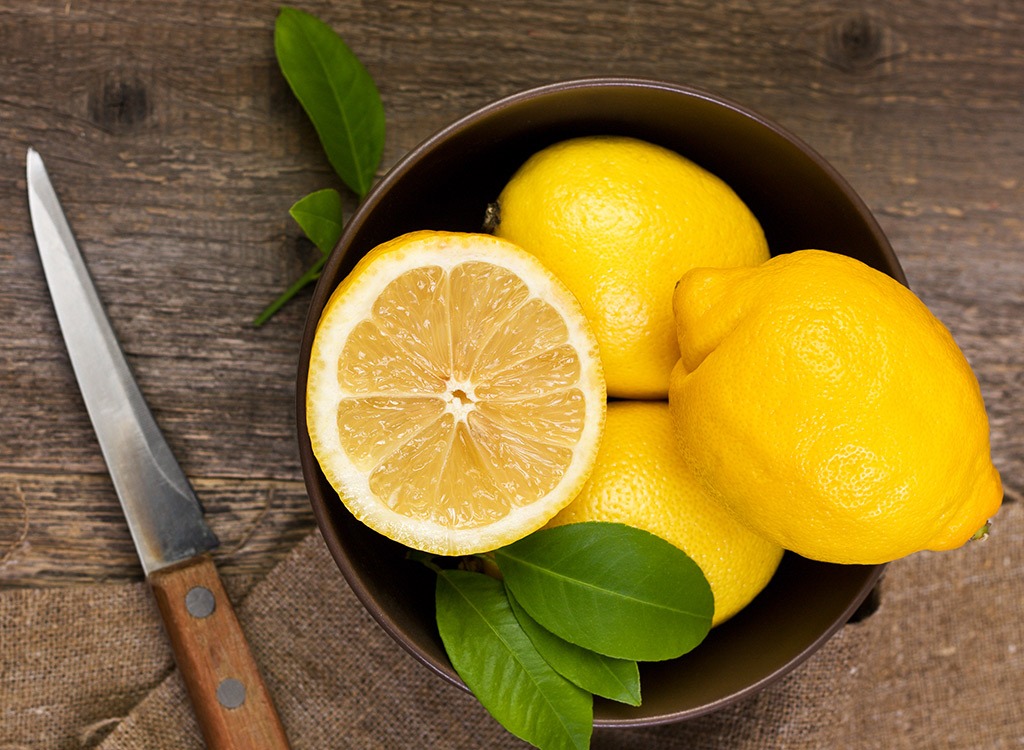
"The citric acid in lemons helps break down lipids and stimulates digestive juices," says Haas, who does a 10-day lemonade cleanse each year to reduce body fat and cholesterol. "Adding the juice of half a lemon to a glass of water every morning supports liver and gall bladder function." Before your next meeting, drink some fresh lemon juice. The energizing scent has been shown to combat fatigue, anxiety and nervousness, and can improve concentration and alertness.
Papaya

An enzyme in papaya, papain, has been shown to relieve gas from indigestion. Chymopapain, another of its enzymes, has been used to relieve inflammation. One cup of fresh, ripe papaya has only 60 calories, yet packs a whopping 144 percent of the DV of vitamin C (88mg). "When buying papayas," Garcia says, "look for ones that are mostly yellow and yield slightly to pressure.
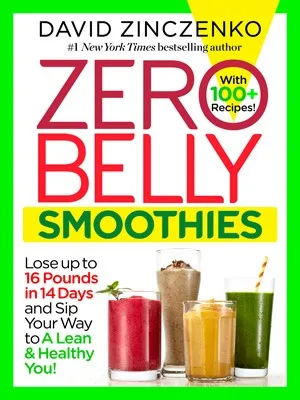
Courtesy of Men's Fitness
